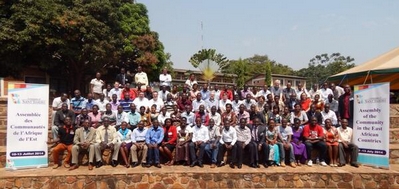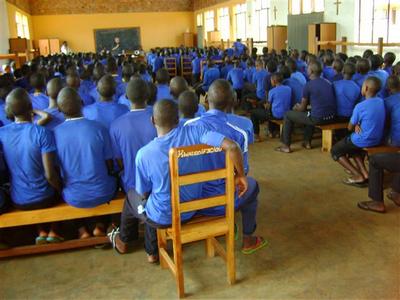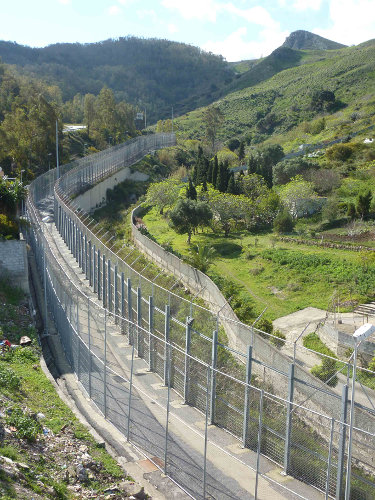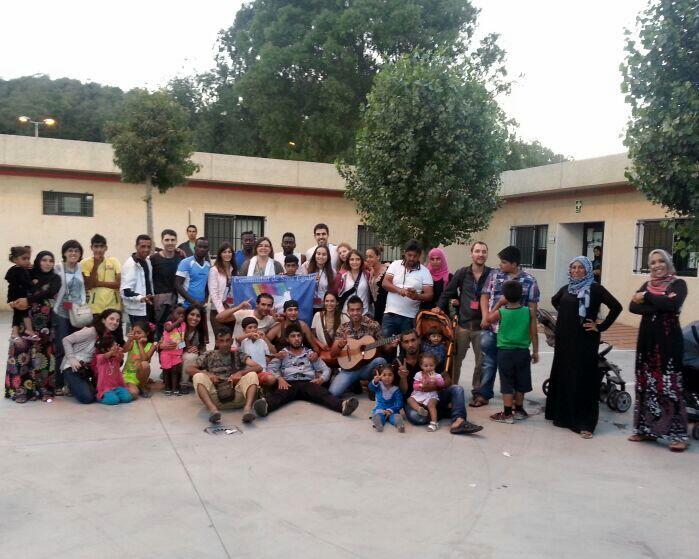The communities of Sant’Egidio of Tanzania intend to live out the commitment to which the entire movement present in the states of Eastern Africa has been called to by the recent
meeting in Bujumbura in Burundi as explained in the www.santegidio.org website. It is the commitment to continue to go forward on themes of prayer, the poor and peace, the commitment to transmit to the younger generations a different sensitivity with respect to the weaker sectors of society (elderly and children) and to build in the continent a Christian humanism made of culture and compassion.
A series of conferences to introduce Sant’Egidio and its work have taken place over the past few days in various Tanzanian cities, in Dar es Salaam, Arusha, and especially in Kagera, the region that has Bukoba as its capital and that neighbors Rwanda and Burundi. Hundreds of secondary school students, from public and private schools, were able to listen to a proposal of
a Gospel of fraternity and service, attentive to the needs of the poor, open to broader horizons than the usual ones. In an atmosphere of keen attention, they asked questions addressing the concrete dimension of the context in which they live as well as the broader scenarios confronted by Sant’Egidio.
The hope is that a network of communities in secondary schools can be born out of these meetings, a Tanzanian “Youth for Peace”, a “Vijana kwa Amani” (in Swahili), that could join the movements that already exist in many African countries, in particular in Malawi, in the Ivory Coast, in Rwanda, in Mozambique.





